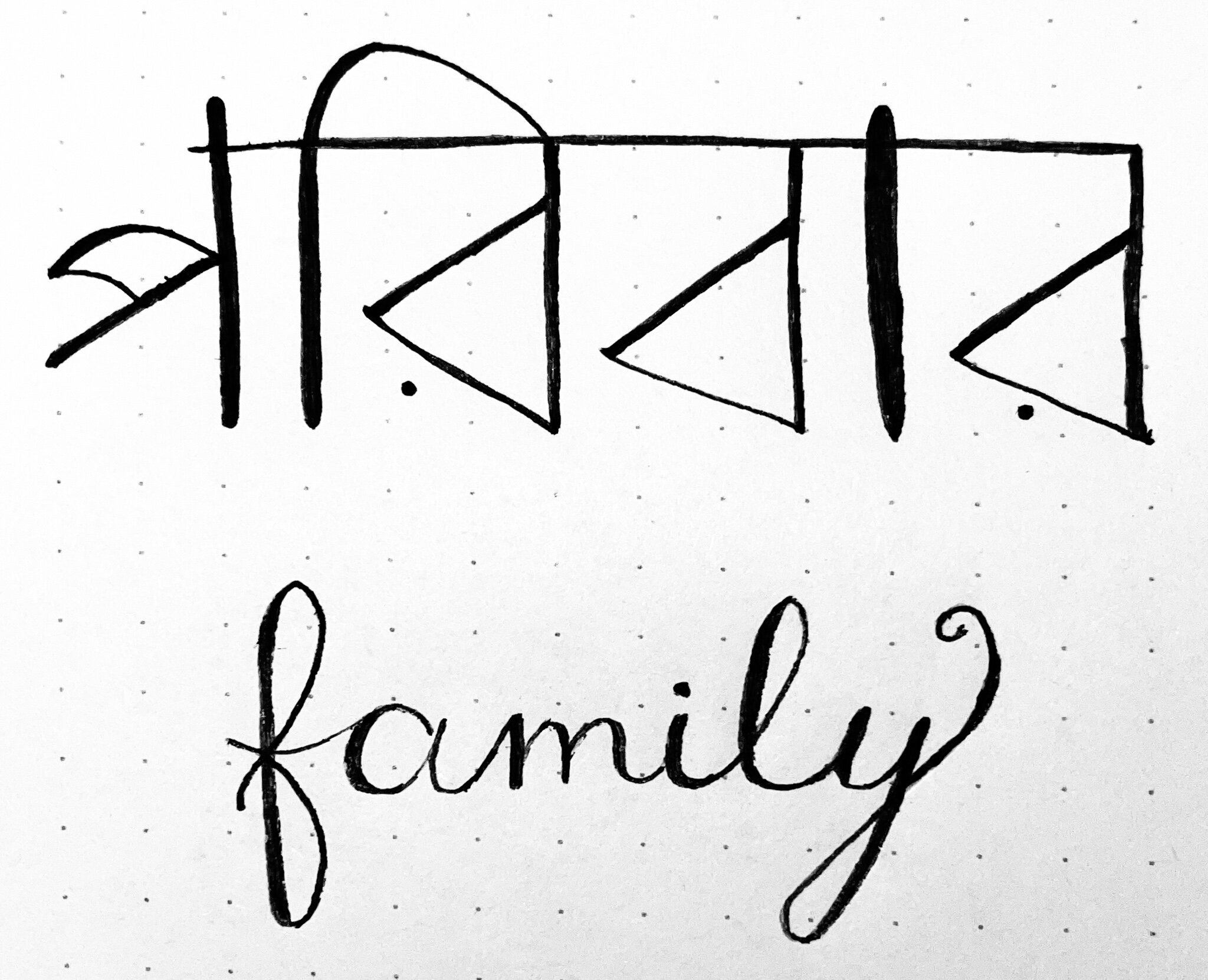Mother Tongue
second year srija sengupta
photo by atithi patel
I speak two languages: Bengali and English.
English is kind of a no-brainer -- I grew up here, and therefore I learned to speak it, easy as breathing. There’s not much to tell there, unless you’d like the particulars of that one time I accidentally cursed in 8th grade English class.
(I almost cried, but it’s cool. We’re cool.)
Bengali, on the other hand, is a different story.
First off, Bengali is my mother tongue, my maatribhaasha. I like saying it’s my mother tongue more than saying it’s my first language because it’s like the language has nurtured and raised me, just like a mother would.
And just like a child, I’ve disappointed her many, many times.
There’s a kind of shame that comes with being bilingual: my “r”s betray my American accent when I speak Bengali, I stumble over complex conjugations, and we’re not even going to talk about my grade-school level of reading comprehension. It burns a bit every time, reminding me that I have failed yet again.
Failed what? you ask. It’s just a language, after all.
Not to me, it’s not -- it’s talking to my grandmothers, both of whom can only just understand basic English. It’s joking with my parents, laughing around the dinner table as we tease each other to the moon and back. It’s meeting my uncles and aunts for the second-first time (the first-first time being when I was just a baby, so that doesn’t really count) and catching them up on what life is like for me where I live.
It’s not just a language to me; it’s my family.
(Hence my preference for “mother tongue”.)
I’ve come to realize over the years that this is not the healthiest way of looking at my relationship with Bengali. Not the family part, but the shame part -- feeling as if I need to be absolutely perfect at all times when speaking.
“Don’t I mess up in English?” I ask myself. “Don’t I stutter and lose words when making a speech? Don’t I accidentally pick up an Indian accent when I get tired?”
Yes, yes to all of them.
“Then why am I blaming myself for making mistakes in Bengali?”
The moment I asked myself that question, it felt like a weight had dropped off my back. I’d been focusing on the mistakes I kept making for so long that I’d almost forgotten that Bengali wasn’t my only way to connect with my family. We could still understand each other even if I tripped over my words sometimes and couldn’t read worth a damn. I don’t have to be a scholar in my mother tongue just to talk with my parents. I can just be as I am and correct my mistakes with grace.

